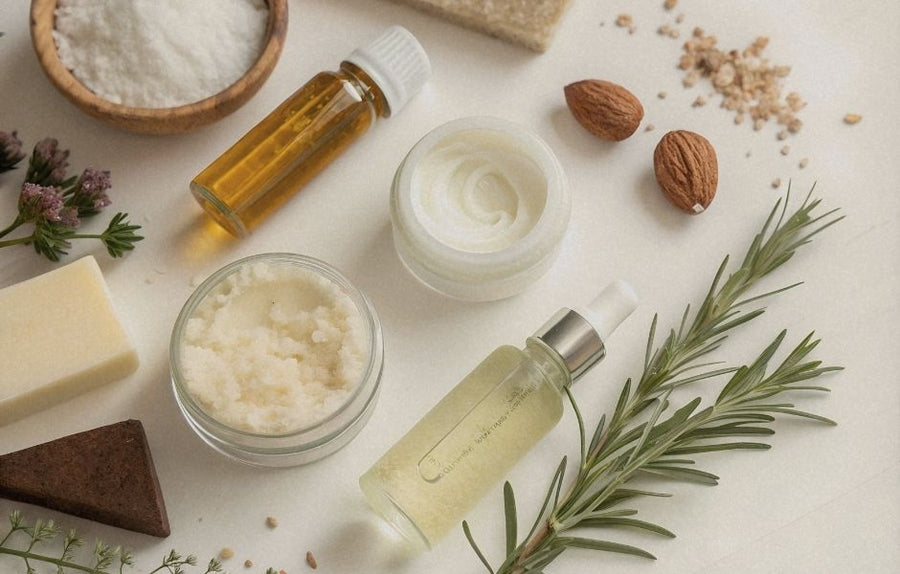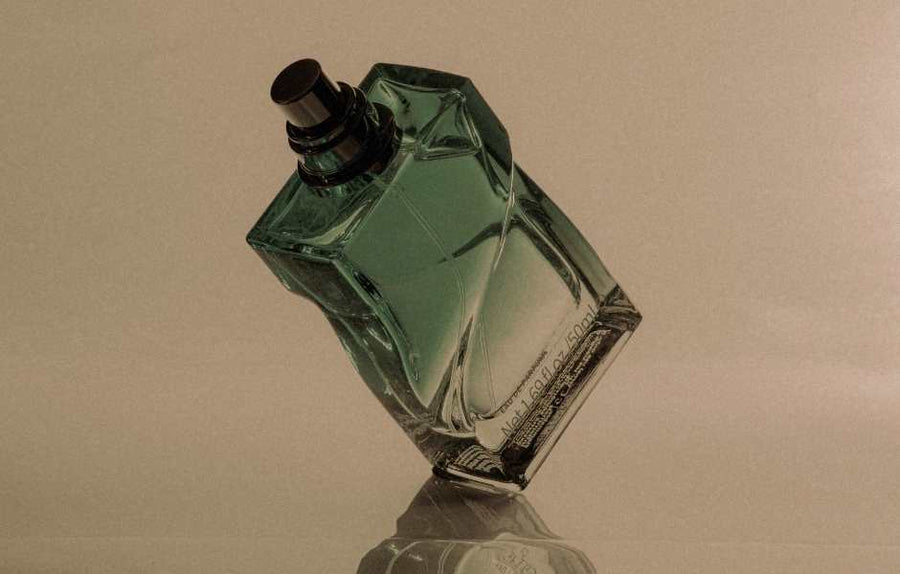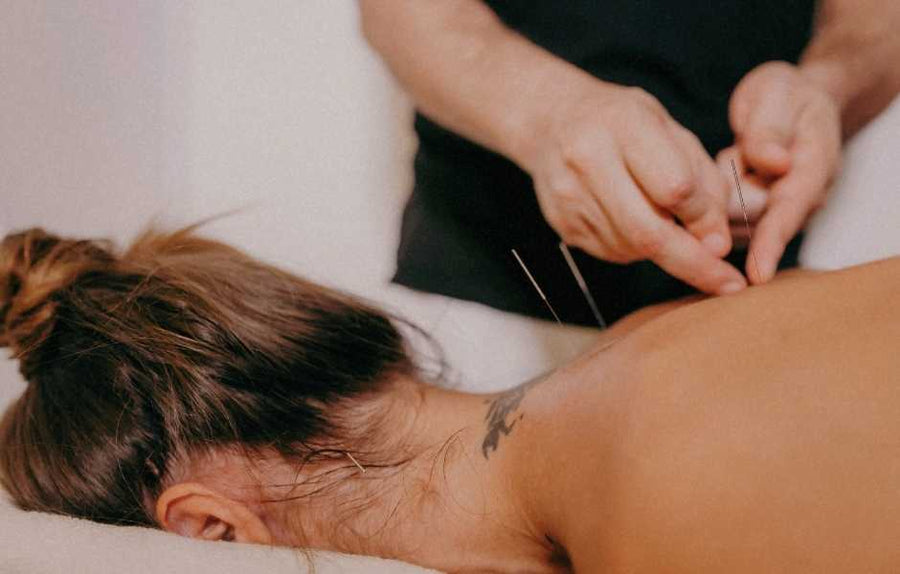When I started IVF, I thought I had done my homework. I had my checklist, my calendar, my supplements, and my hope. But what no one told me — is that IVF doesn’t just touch your uterus. It touches everything: your identity, your time, your relationships, your nervous system, your routines, your closet, even your skincare.
Here’s what I truly wish I had known before stepping into the world of IVF — the quiet details that would have helped me feel more prepared, more grounded, and far less alone.
1. Your Calendar Will Not Be Your Own — Make Space for the Shift
I wish I’d blocked out more space in my life. IVF isn’t something you “fit in.” It takes over — morning ultrasounds before work, morning and nighttime injections, medication alarms, two-week waits that stretch time like taffy. Even the emotional weight makes daily tasks heavier.
If I could do it again, I’d create a “soft schedule” — cancel unnecessary obligations, communicate upfront with work, and build in buffer time to just be. Time to nap. To cry. To breathe. Even 15 minutes a day just for me would have helped.
2. Supplements Are Your Best Friends — But Timing Matters
Supplements aren’t just an “extra” in IVF — they’re powerful tools to support egg quality, hormone balance, and overall fertility. I wish I had known just how impactful they could be when taken consistently and with intention.
Your clinic may recommend a specific protocol, and it’s so important to follow their lead — they know your body, labs, and goals. But there are a few nearly universal staples, like CoQ10, which supports mitochondrial function and egg quality. Think of it as fuel for the tiny engines inside each egg.
Here’s the key I wish I understood sooner:
👉 It takes about 90 days for your eggs to fully mature.
That means the lifestyle choices, nutrients, and supplements you give your body three months before your retrieval can directly influence the quality of the eggs that are retrieved.
Depending on your unique needs, your clinic may also recommend:
-
Prenatal vitamins with methylated folate: Folate is essential for early fetal development, especially in preventing neural tube defects. But not all folate is created equal.
-
CoQ10: A powerful antioxidant that supports energy production in your cells — especially your eggs, which require a lot of mitochondrial energy to mature.
-
Myo-inositol (especially for PCOS): A vitamin-like compound that helps regulate insulin and restore ovulatory function.
-
Omega-3s: Anti-inflammatory and crucial for hormone production, cellular health, and uterine lining quality.
-
Vitamin D3: Plays a key role in hormone production, immune regulation, and reproductive tissue health — yet deficiency is common.
-
NAC or antioxidants: Oxidative stress can damage both eggs and sperm. Antioxidants help neutralize free radicals that interfere with cellular health.
-
DHEA (*only under doctor guidance — not for everyone): DHEA is a hormone precursor sometimes used in cases of diminished ovarian reserve or poor IVF response.
Supplements work best when paired with consistency, clean nutrition, and rest. It’s not about doing everything — it’s about doing the right things for your body, over time.
Also, not all supplements are created equal. Many are packed with fillers, dyes, or hidden soy. I now opt for third-party tested, clean, fertility-safe brands only.
Please note:
Not all supplements are safe or necessary at every stage of IVF. Some may support egg quality before stimulation, while others might need to be paused before transfer or embryo implantation. Always talk to your clinic or fertility specialist about when to start or stop supplements based on your protocol. What works for one person’s timeline may not be right for another’s — and that’s okay. Personalized guidance is key.
3. Clean Beauty Actually Matters — Especially Now
I never realized how much environmental toxins could impact fertility until I was in it. Endocrine disruptors are everywhere: in perfume, moisturizers, sunscreens, deodorant, lip balm, and even toilet paper. During IVF, I became hyper-aware of anything that could interfere with my hormones.
I switched to a fertility-safe deodorant, started reading ingredient labels like nutrition facts, and slowly replaced my beauty routine with gentler alternatives.
Was it perfect? No. But small swaps made me feel like I was protecting my body — not just from the world, but for the life I hoped to carry.
4. Your Diet Doesn’t Have to Be a Source of Shame
There’s so much pressure to eat “perfectly” during IVF — gluten-free, dairy-free, low sugar, anti-inflammatory. I wish someone had told me to take a breath.
Yes, food is powerful. But food is also emotional. IVF already asks so much — it doesn’t need to take your comfort foods too.
I eventually learned to focus on:
-
Proteins + vegetables
-
Blood sugar balance (protein + fiber at each meal)
-
Whole, minimally processed ingredients
-
Omega-3s (hello, walnuts and salmon)
-
Hydration, hydration, hydration
-
Limiting/cutting out alcohol
-
And above all: grace.
Nourish, don’t punish. That’s the vibe.
5. Stress Is Inevitable — But It’s Manageable
You will be stressed. That’s not a failure — it’s human. But how you support your nervous system matters.
I wish I had made nervous system regulation a priority from day one. Things that helped me most:
-
Magnesium baths (nightly, religiously and talk to your doctor about this during retrievals and transfers)
-
Breathwork or meditation apps (even 5 minutes)
-
Journaling just one sentence a night
-
Soft movement like yoga or walks
-
Saying “no” without guilt
We talk a lot about what helps embryos grow — but what helps you feel safe in your body is just as important.
6. The Hormones Are No Joke — Be Gentle With Your Brain
No one prepared me for the hormonal rollercoaster. You don’t just feel bloated — you feel fragile. Unpredictably weepy. Irritable. Hopeful, then numb. It’s like PMS on steroids (literally).
I wish I’d known that it wasn’t me “not coping well” — it was chemicals swirling through my bloodstream. I wish my partner had known too. We could’ve braced for it together instead of being caught off guard.
What helped:
-
Warning my loved ones I might be emotionally “off”
-
Taking social media breaks
-
Having affirmations and grounding rituals nearby
-
Asking for a mental health day when needed
You’re not dramatic. You’re on hormones. It’s real.
7. The Emotional Toll Is Invisible — And That’s Why It Hurts So Much
You look normal to the world, but inside, you’re carrying a mountain. IVF can feel like a private grief wrapped in public silence. I wish I’d built more support around me — therapy, yes, but also fertility-safe community. People who “get it” without explanation.
IVF isn’t just physically hard — it calls into question your identity, your plans, your body’s worthiness. You’ll need reminders that you are still you. Still whole. Still worthy of care and gentleness.
What I’d Say to My Past Self (And Maybe You)
You are allowed to feel everything — anger, hope, joy, bitterness, gratitude, despair. You don’t have to “do it perfectly.” You just have to keep showing up. Softly. Bravely. Honestly.
And whenever it gets too loud, come back to this: You are not alone. You are not broken. And no matter how this journey ends, you are already enough.
And one more thing: you are allowed to be your own advocate. Ask the follow-up questions. Share the symptoms that don’t fit neatly in a chart. Request the second opinion. Your body is not a protocol — it’s a person. You deserve to be heard, supported, and partnered with, not just treated. The right RE will meet your questions with curiosity, not defensiveness.





